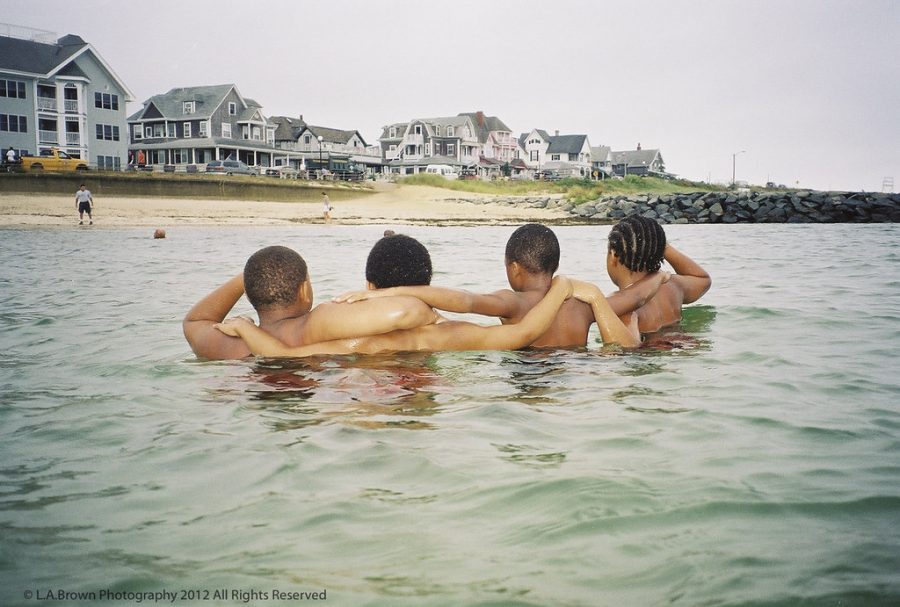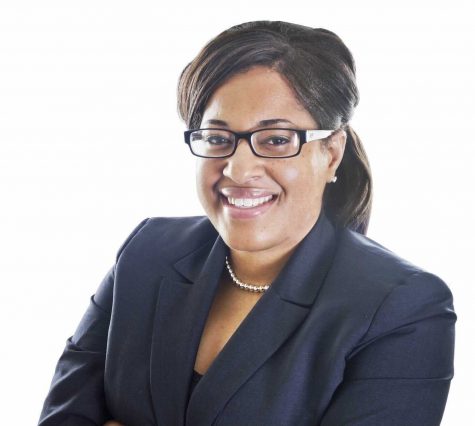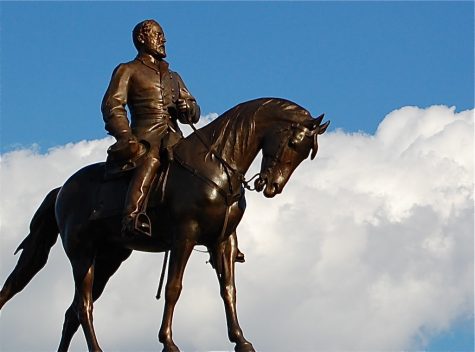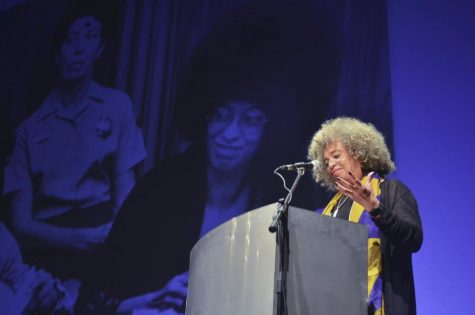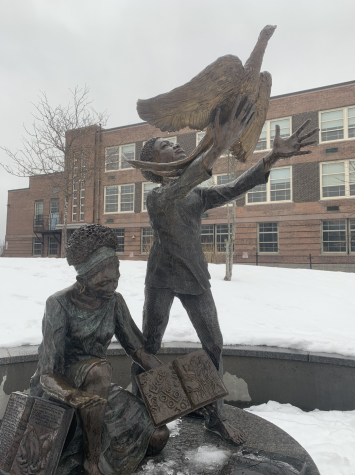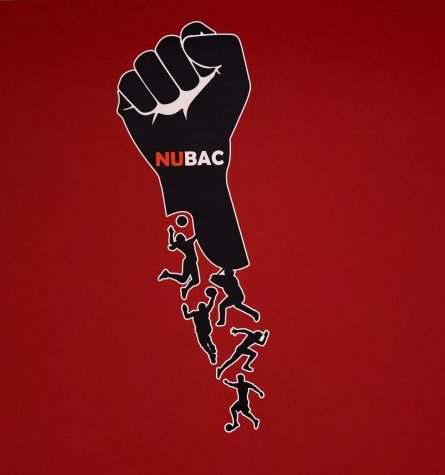The Boston Globe celebrates Black History Month with a film festival
“Pals at Inkwell Beach, Oak Bluffs” by Massachusetts Office of Travel & Tourism is licensed with CC BY-ND 2.0. To view a copy of this license, visit https://creativecommons.org/licenses/by-nd/2.0/
February 14, 2021
To commemorate Black History Month, the Boston Globe is hosting a digital film festival, honoring films that document the Black experience. Films range from newly released to tried and true classics, and each film is paired with a live, post-screening discussion with the filmmakers.
While more films are said to be announced, the current schedule includes “Black Boys,” “CodeSwitching,” “Process Is The Project: Part One—Inviting Witness” and “Glory,” which are screening throughout February.
The festival kicked off with “The Inkwell,” a 1994 movie that follows a naive boy named Drew as he travels with his family to Martha’s Vineyard for the summer to visit their relatives. The title refers to Inkwell Beach in Oak Bluffs, a beach frequented by Black travelers and a piece of Black history that is often tucked away.
Unlike other films or shows about Black families made in the 1990s, the audience sees a Black family that is not struggling, but wealthy and full of a multitude of personalities and ideologies. There is a Republican, an ex-Black Panther member, a young boy going to therapy and a hip, older cousin within the family. Despite their differences, the family still loves each other. The film is a classic coming of age tale with a twist of comedy, but unlike many coming of age films, “The Inkwell” focuses on a Black boy.
After the screening, Boston Globe culture columnist Jeneé Osterheldt led a Zoom Q&A with Director Matty Rich about what “The Inkwell” meant to him and larger conversations about art and the portrayal of Black people in Hollywood.
Rich explained he was drawn to the script because it featured African Americans “Not in poverty, not struggling.” He said the character of Drew, played by Larenz Tate, was unique as well.
“You see this young man who is kind of withdrawn in the beginning … and he actually goes to therapy while he’s on the island. We haven’t seen that in African American life, where we see … a young African American man blossom and open up when he is speaking to the therapist,” Rich said.
After the success of his first film, “Straight Out of Brooklyn,” he wanted to do something unexpected.
“I didn’t want to do another ‘hood’ movie,” he said. “I wanted to do a movie that showed a different slice of our lives as African Americans.”
To Rich, “The Inkwell” was about understanding and creating Black love. In the film, Drew experiences love when his therapist lends a sympathetic ear and braids his hair. Drew grows that love inwards, embracing himself, and in turn, the family returns that same love. For Rich, creating art that affects its audience is what he considers Black love.
“Yes it would be great to have 20 movies, but I have two movies … [that] as an artist, I gave myself, I touched people, I affected people, and that is what being an artist is. It’s using your gift, using your talent to touch somebody to make a difference … That is Black love,” Rich said.
Finally, Rich offered a piece of advice reminding the audience of the importance of speaking your truth and studying to find your talent, no matter who you are.
“You have to tap into your gift. It’s never too late. You’re never too old. You’re never too young. You ain’t too Black. You ain’t too poor. You ain’t none of that,” Rich said. “If you say you’re an artist, prove it. Don’t prove it to anyone else, prove it to yourself.”
—
While it is important to celebrate Black History during February, it is imperative to support and celebrate Black filmmakers throughout the year. Learn more about how to attend Boston Globe’s Black History Month Film Festival.


